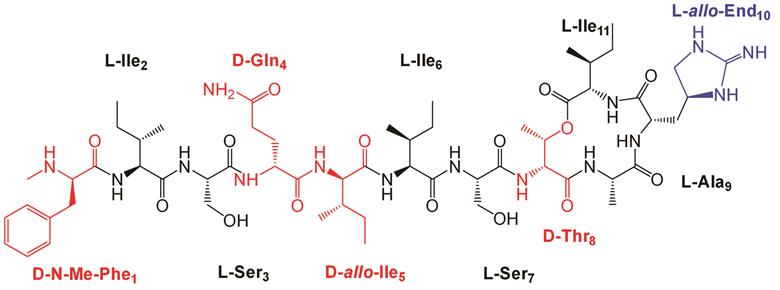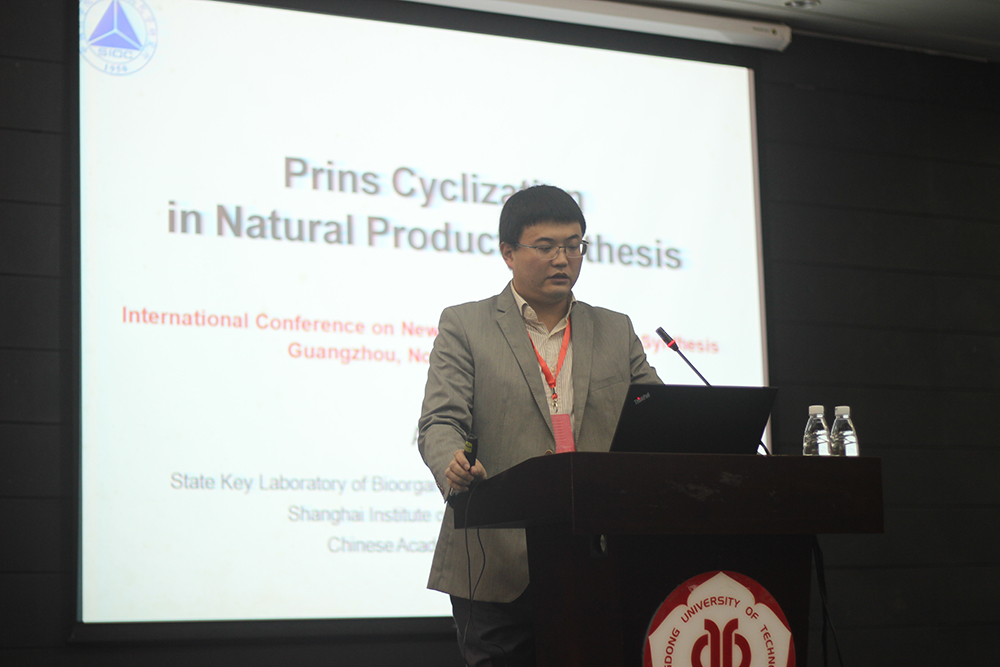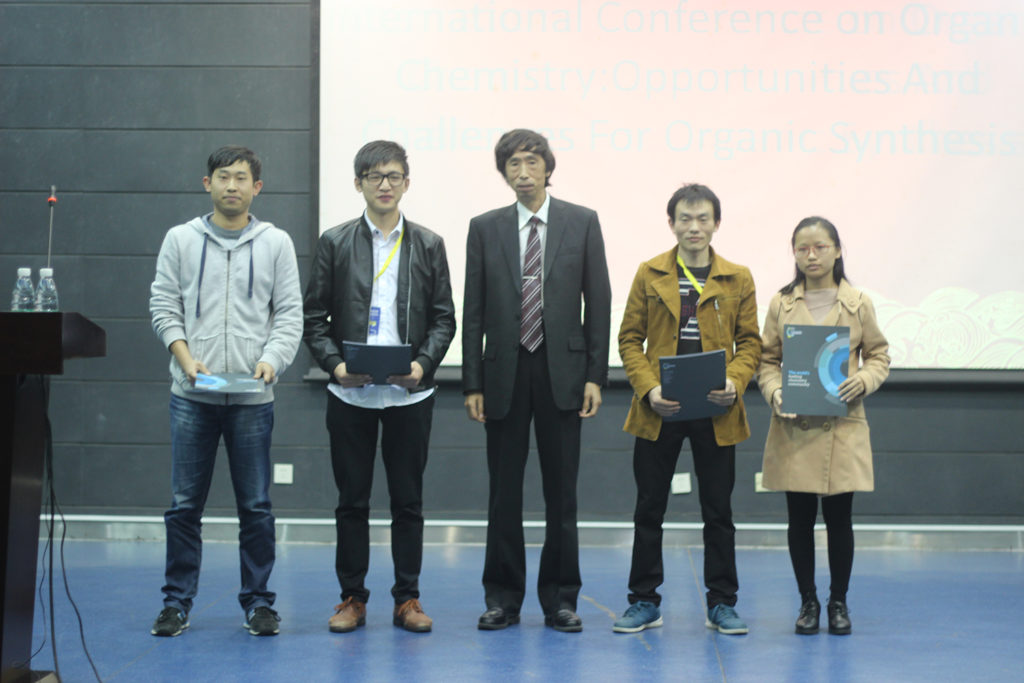Following the success of Peer Review Week in September 2016 (dedicated to reviewer recognition) during which we published a list of our top reviewers, we are delighted to announce that we will continue to recognise the contribution that our reviewers make to the journal by announcing our Outstanding Reviewers each year.
We would like to highlight the Outstanding Reviewers for Chemical Communications in 2016, as selected by the editorial team, for their significant contribution to the journal. The reviewers have been chosen based on the number, timeliness and quality of the reports completed over the last 12 months.
We would like to say a big thank you to those individuals listed here as well as to all of the reviewers that have supported the journal. Each Outstanding Reviewer will receive a certificate to give recognition for their significant contribution.
Professor Martin Albrecht, Universität Bern
Dr Guanghui An, Heilongjiang University
Professor Rahul Banerjee, National Chemical Laboratory
Dr Justin Chalker, Flinders University
Dr Takashi Hirose, Kyoto University
Dr Astrid Müller, Caltech
Dr David Nelson, University of Strathclyde
Dr Kyungsoo Oh, Chung-Ang University
Dr Zhenlei Song, SiChuan University
Dr Xuehai Yan, Max Planck Institute of Colloids and Interfaces
We would also like to thank the Chemical Communications board and the General Chemistry community for their continued support of the journal, as authors, reviewers and readers.
If you would like to become a reviewer for our journal, just email us with details of your research interests and an up-to-date CV or résumé. You can find more details in our author and reviewer resource centre
















